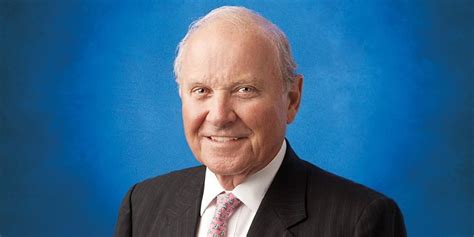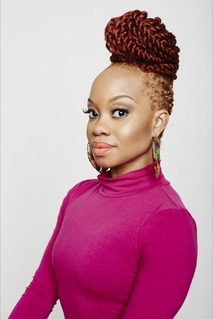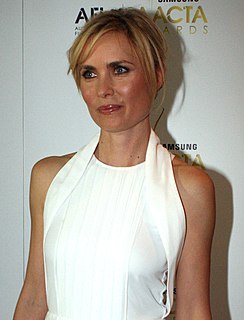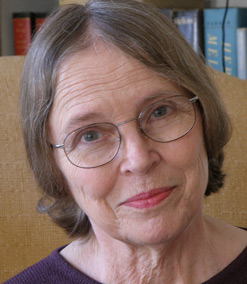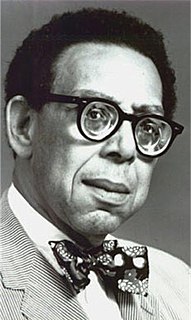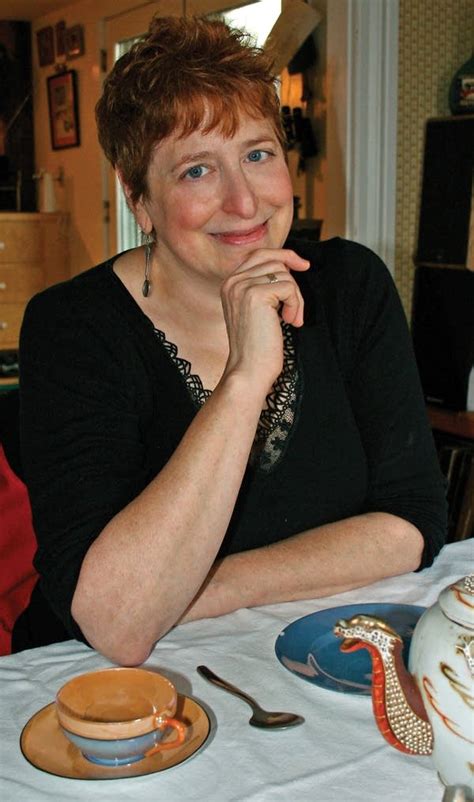A Quote by Charles Bartlett Johnson
My writing is a lens into the possibilities of the American experience.
Quote Topics
Related Quotes
I think it's important for people to understand that dance, movement, choreography is about an experience and entertainment but it's also about perception and a lens. So when we're talking about a Black female's experience through a Black female's lens, that's going to be totally different from a Black female's perspective through a Black male's lens.
Quantum physics is the physics of possibilities. And not just material possibilities, but also possibilities of meaning, of feeling, and of intuiting. You choose everything you experience from these possibilities, so quantum physics is a way of understanding your life as one long series of choices that are in themselves the ultimate acts of creativity.
Often as a poet I find that I am somewhat outside an experience I want to hold onto, consciously taking mental notes or writing them down in my journal - for fear that I will forget. It's not unlike being on a trip and taking pictures, your face behind a camera the whole time - the entire experience mediated by a lens.
The precise effects of lensing depend on the mass of the lens, the structure of space-time, and the relative distance between us, the lens, and the distant object behind it. It's like a magnifying glass, where the image you get depends on the shape of the lens and how far you hold it from the object you're looking at.
You are merely the lens in the beam. You can only receive, give, and possess the light as the lens does. If you seek yourself, you rob the lens of its transparency. You will know life and be acknowledged by it according to your degree of transparency - your capacity, that is, to vanish as an end and remain purely as a means.
